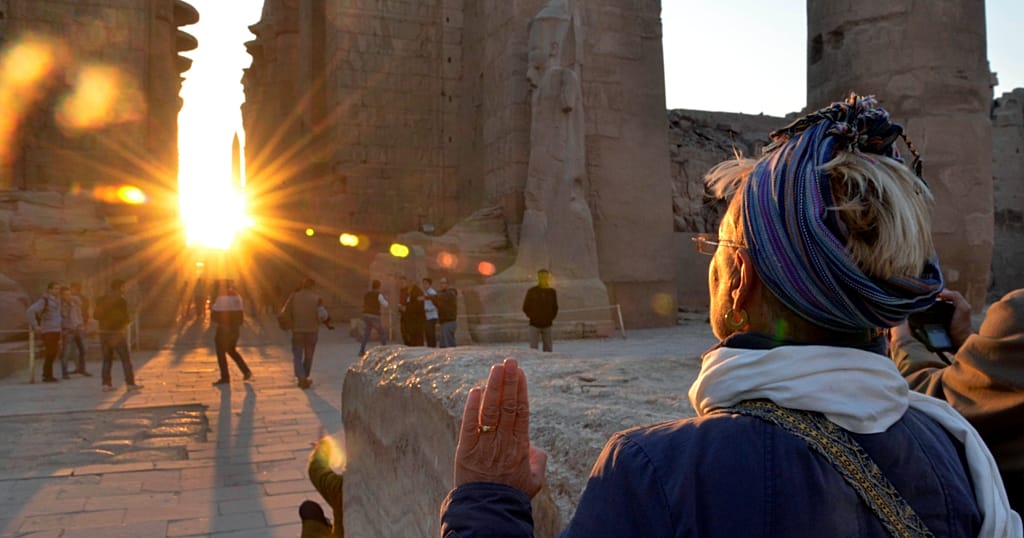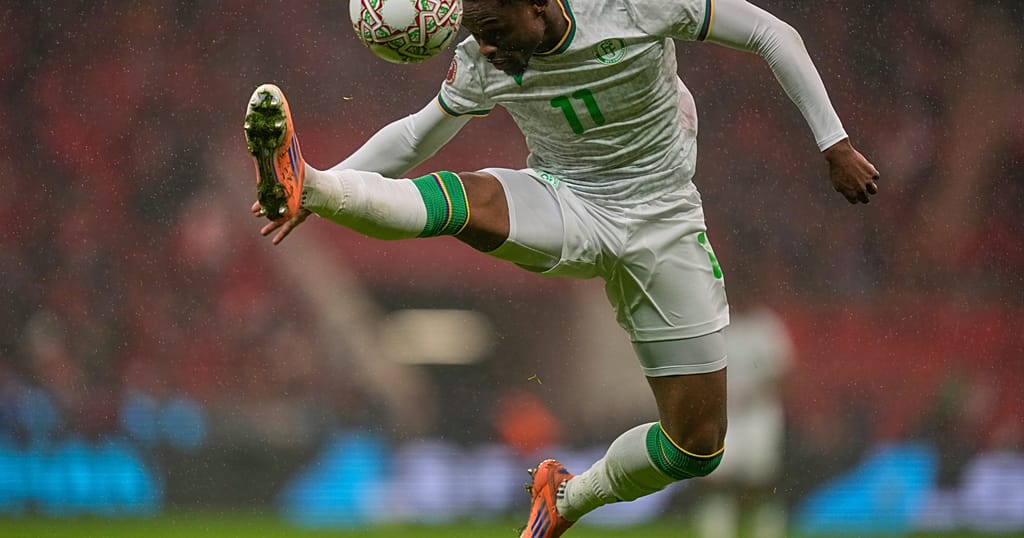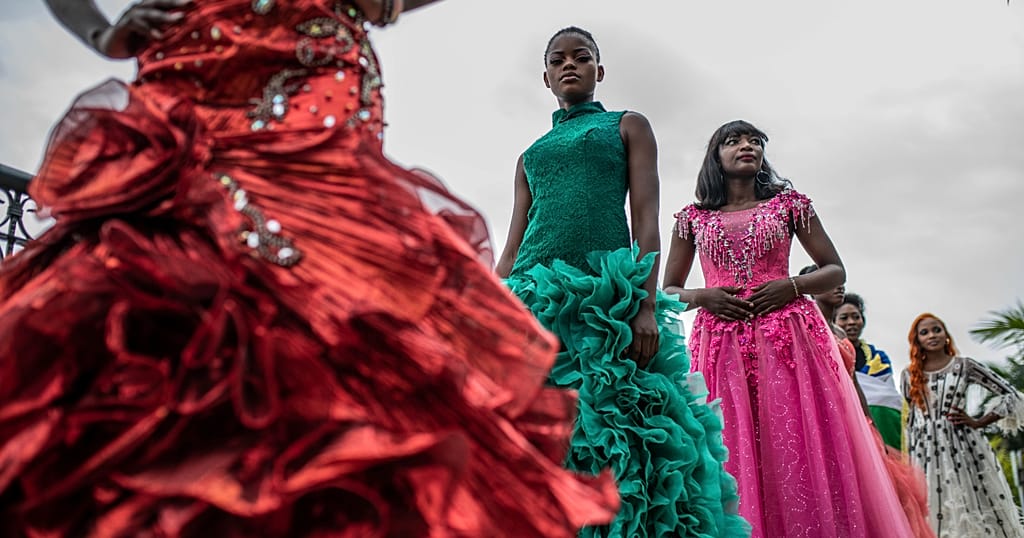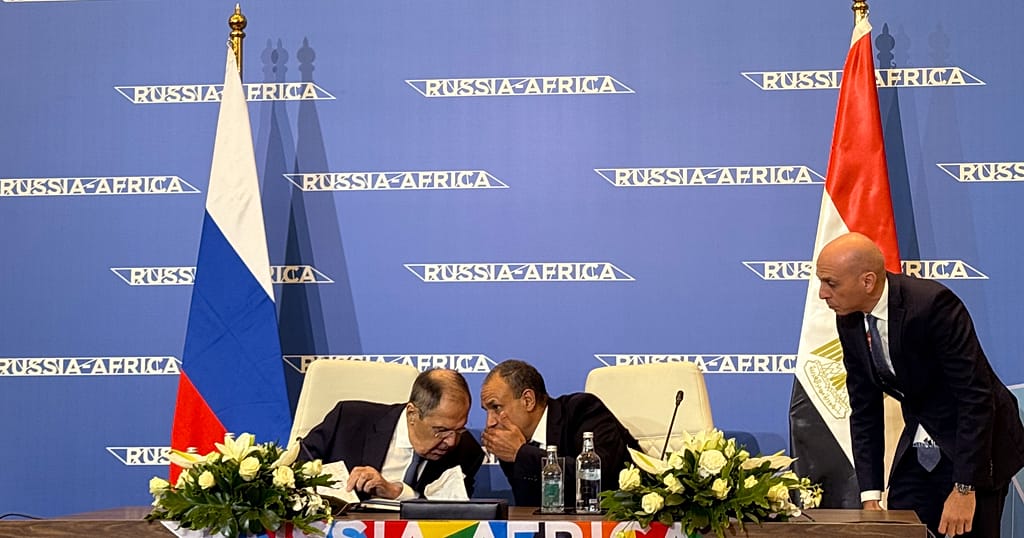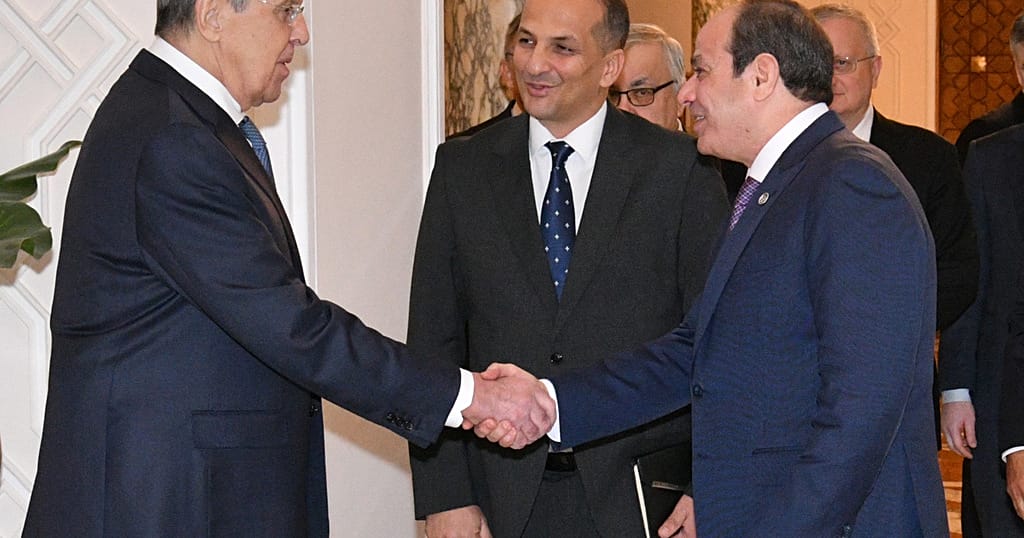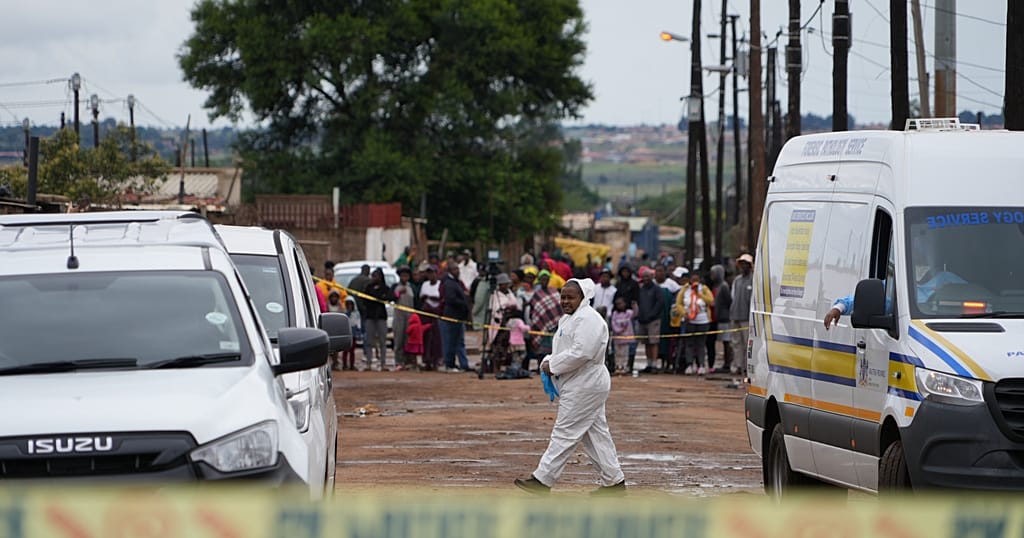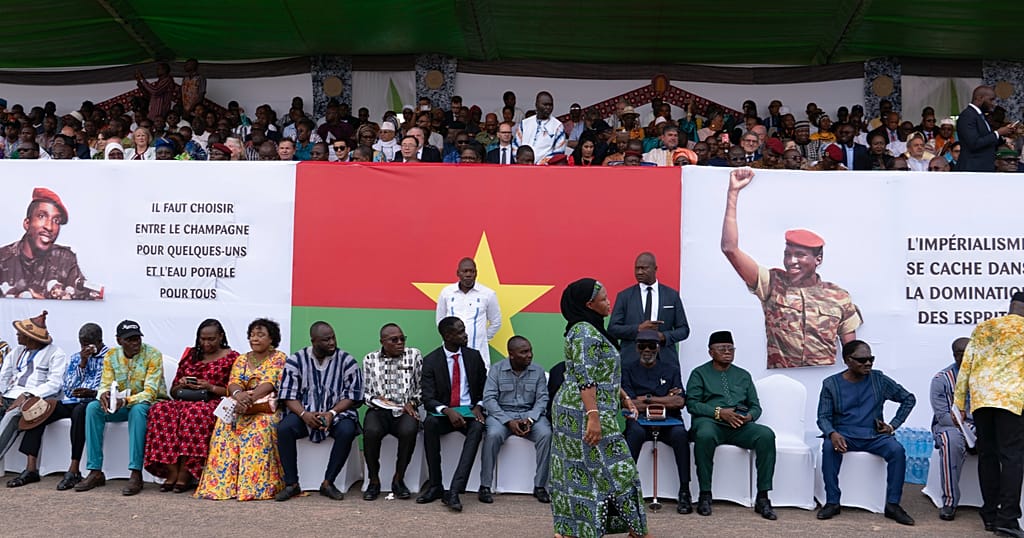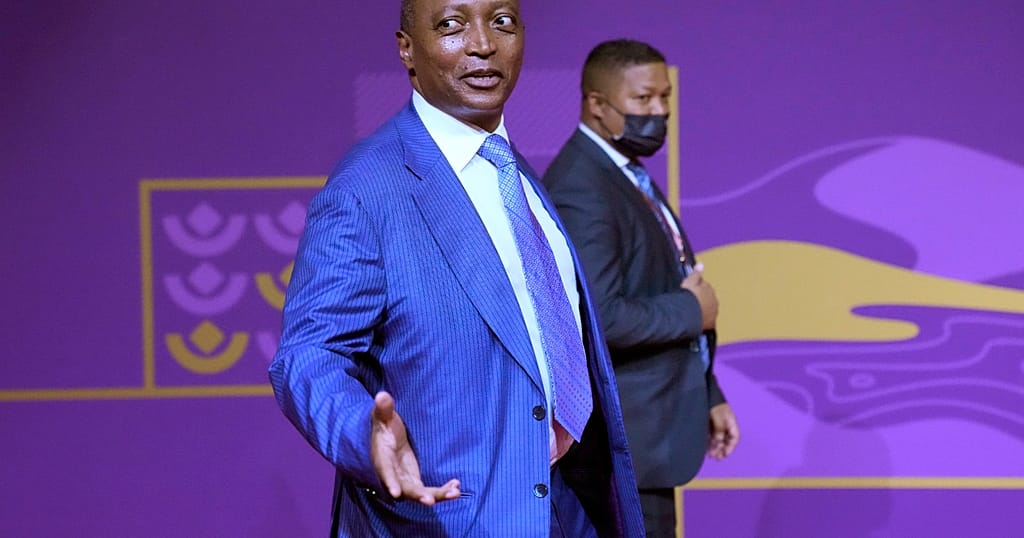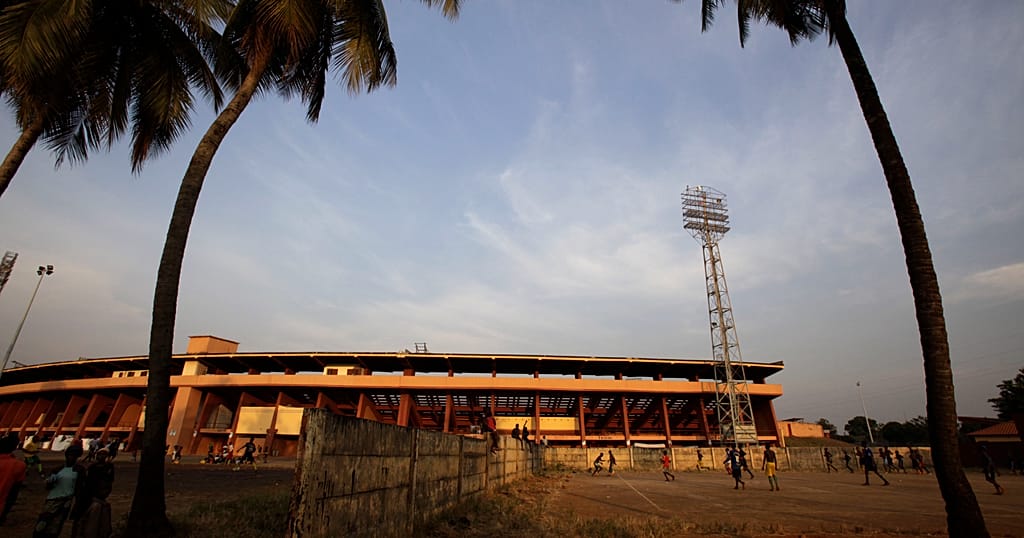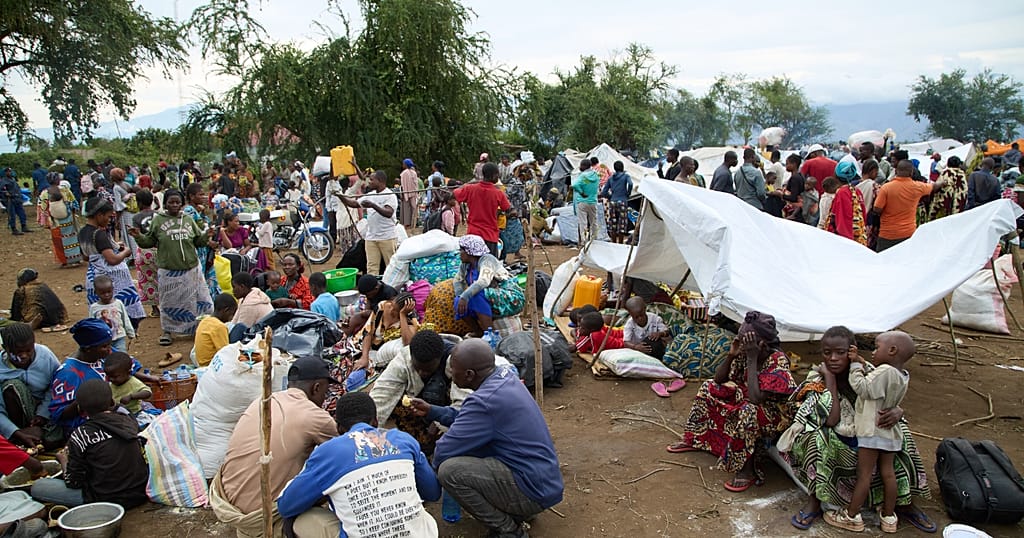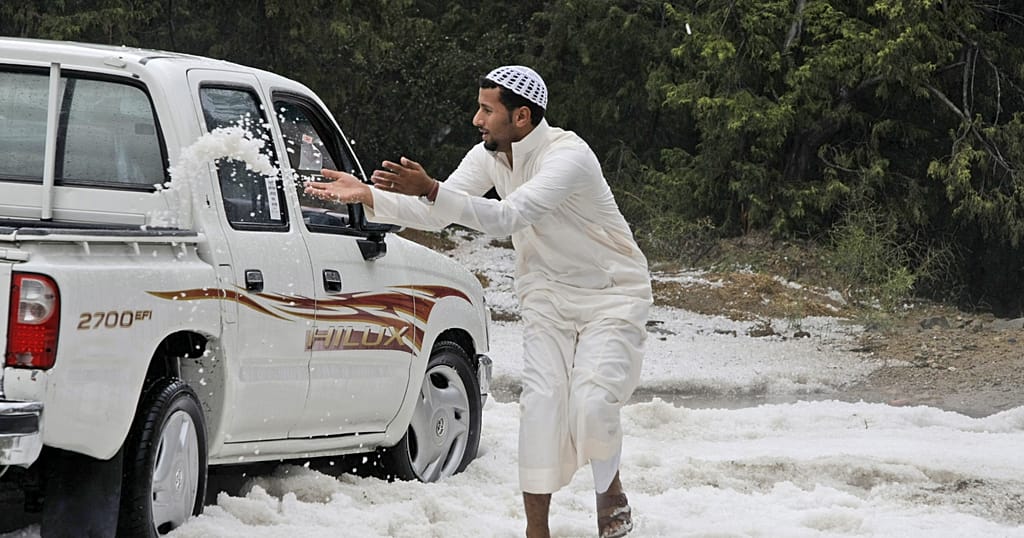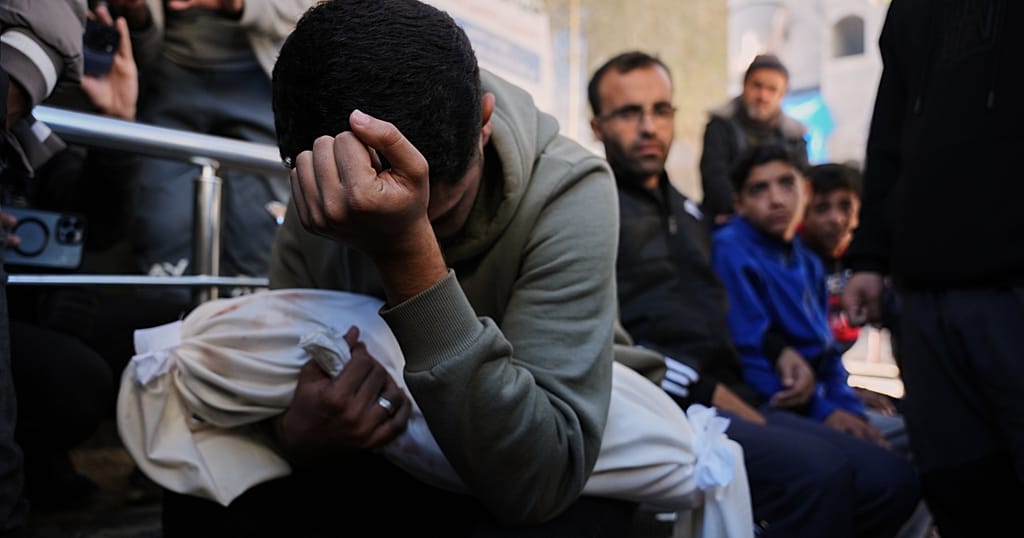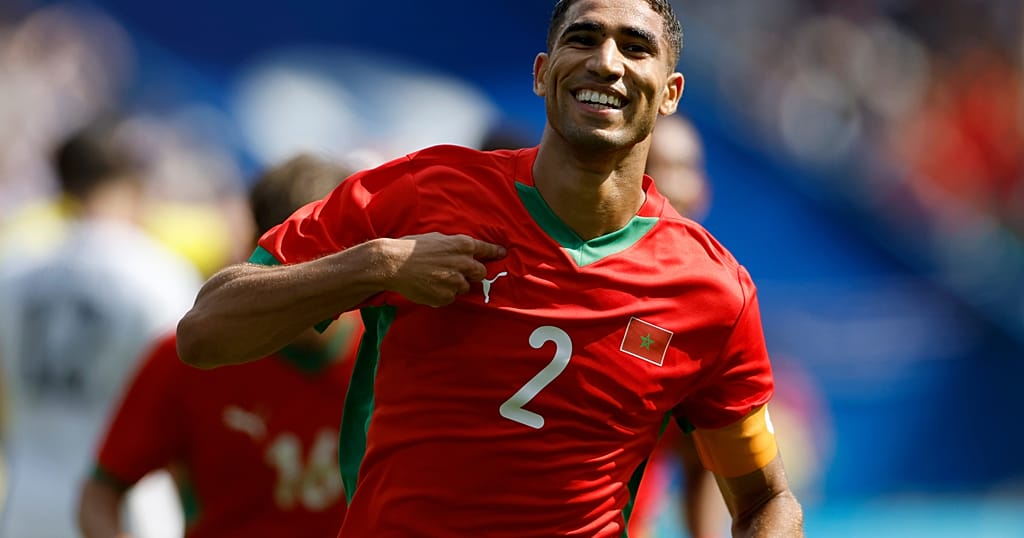Couple on opposite sides of the tribal divide finds love in Rwanda
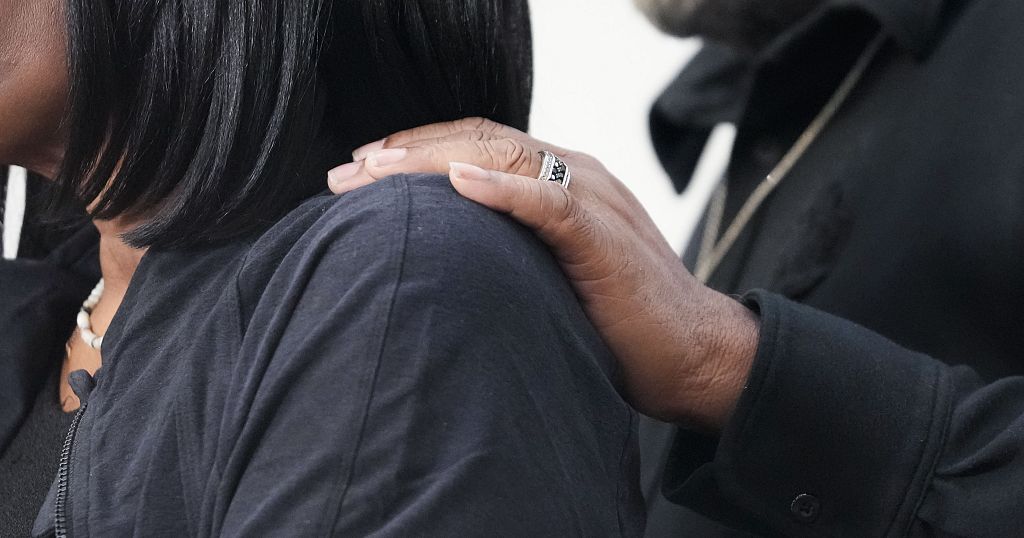
When the father of Marie-Jean Uwimana, an ethnic Hutu, murdered most of John Igiraneza ethnic Tutsi relatives during the 1994 genocide in Rwanda, no one expected that love and a marriage could emerge from the horror.
But love did conquer hate and today they are married with their own family.
John is a survivor of the Rwandan genocide, also known as the genocide against ethnic Tutsis in 1994.
It killed an estimated 800,000 people.
Twenty of them were his siblings and they were killed by Marie-Jean’s father.
John, now 48, walks with the aid of a crutch and has a visible scar of his head.
All of his injuries were sustained when the then 18 year-old and his siblings were hacked by attackers wielding crude weapons.
John is part of a very large family, his father had 10 wives and 30 children, but only ten survived the attack.
John and Marie-Jean met in one of the government set up reconciliation villages in Bugesera district.
Set up all over the country, the concept appears to have worked well in uniting and reconciling the East African nation after the genocide.
Naphtal Ahishakiye, the executive secretary of Ibuka, a Rwanda umbrella body to aid victims of the genocide, says survivors took charge and changed the course of the narrative through forgiveness.
“Genocide survivors only wanted justice, so we said, a better way to fight against genocide ideology is to play a big role in unity and reconciliation process, so it is where the genocide survivors took power to forgive those who committed genocide,” he explained.
For John and Marie-Jean, that mindset has been instrumental to the success of their relationship.
The couple have been married for over sixteen years and have four children.
Marie-Jean admits it has been a suspicious but fulfilling journey.
“At first, I thought to myself, won’t we get married and then he kills me?” she says.
But they managed to beat the odds, fall in love and move on as a couple.
John says love for oneself really helped him in his reconciliation journey.
He quips “that is when you will love others and after that love your country.”
Source: Africanews


